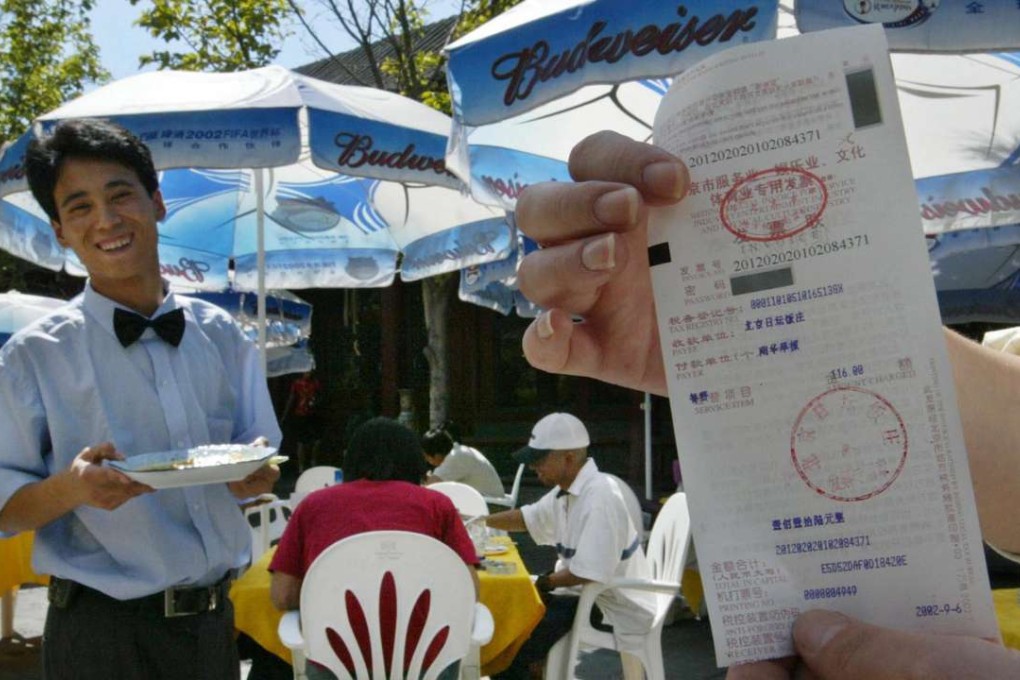China’s VAT tax reforms are pushing small businesses to the brink
Small business owners say they’re being punished by the new tax regime that was supposed to help them

For China’s small companies, sometimes less is more.
Beijing’s much-hyped valued-added tax (VAT) reform, aimed at cutting the tax payments of smaller mainland firms, appears to have had the opposite effect on many entrepreneurs, who say they have become victims of the new system.
Paul Meng, owner of a Shanghai-based Japanese-food restaurant, felt the new tax regime had punished his embattled business instead of supporting it.
“I actually paid more taxes after the reform,” he said. “It made it more difficult for me to keep the restaurant alive.”
The tax reform, which the government began to roll out in March, was touted as a significant move to ease the tax burden of service firms at a time when China’s economic slowdown was hurting business morale nationwide.
I actually paid more taxes after the reform. It made it more difficult for me to keep the restaurant alive
Meng said his restaurant business broke even last year as rising labour costs and higher rents offset a small increase in sales.